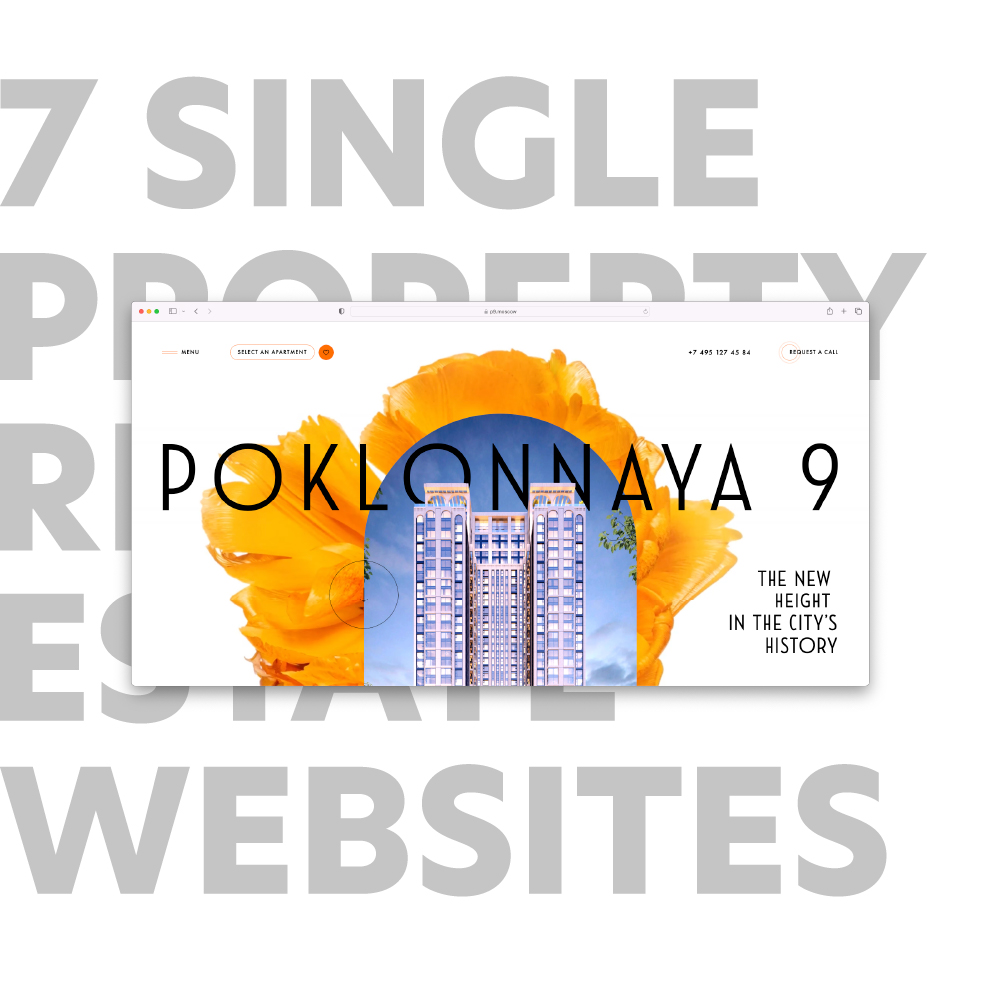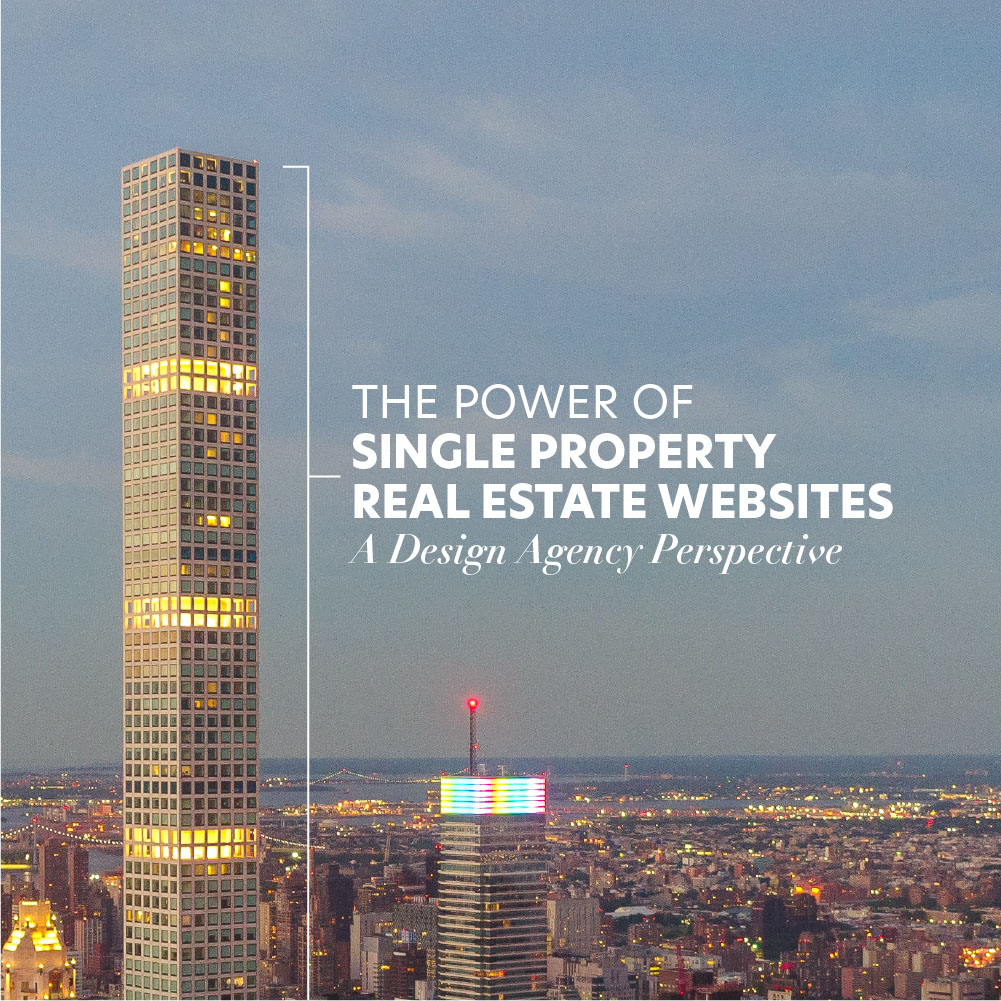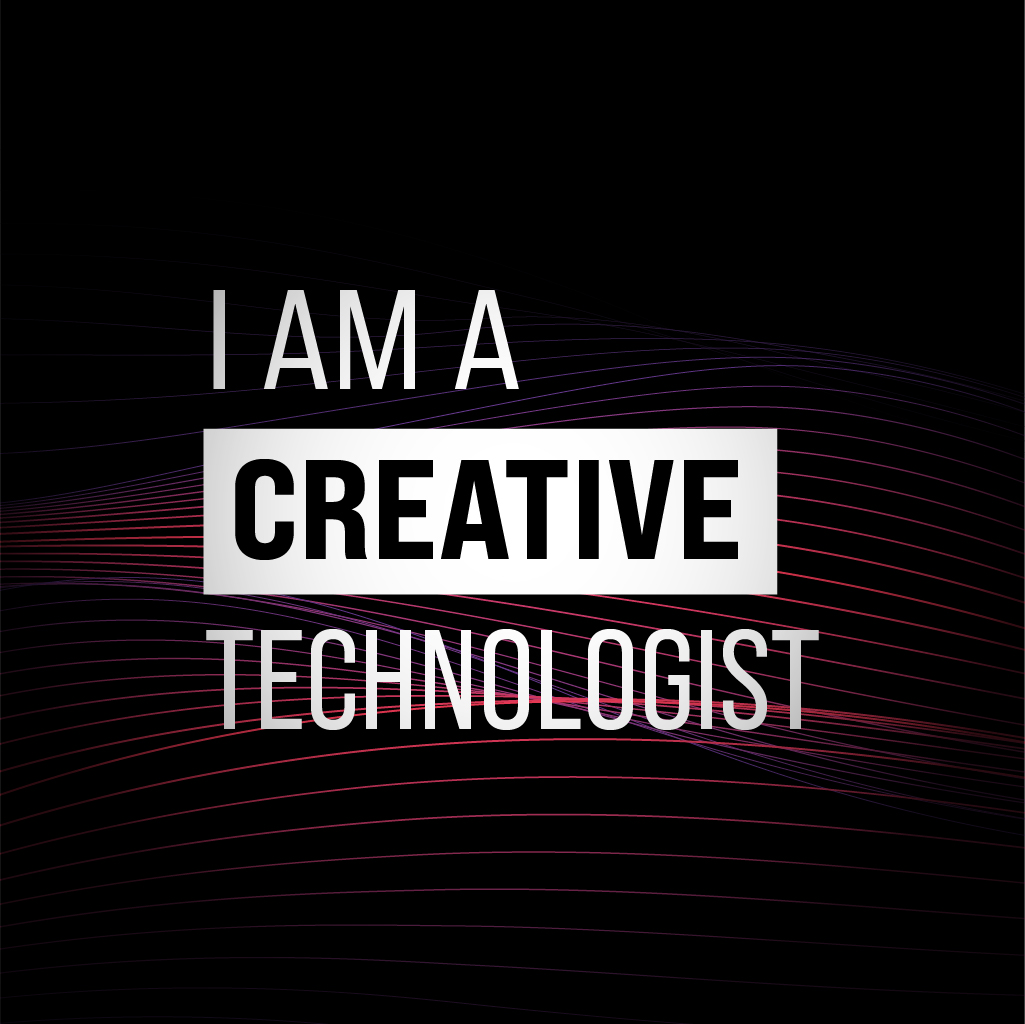
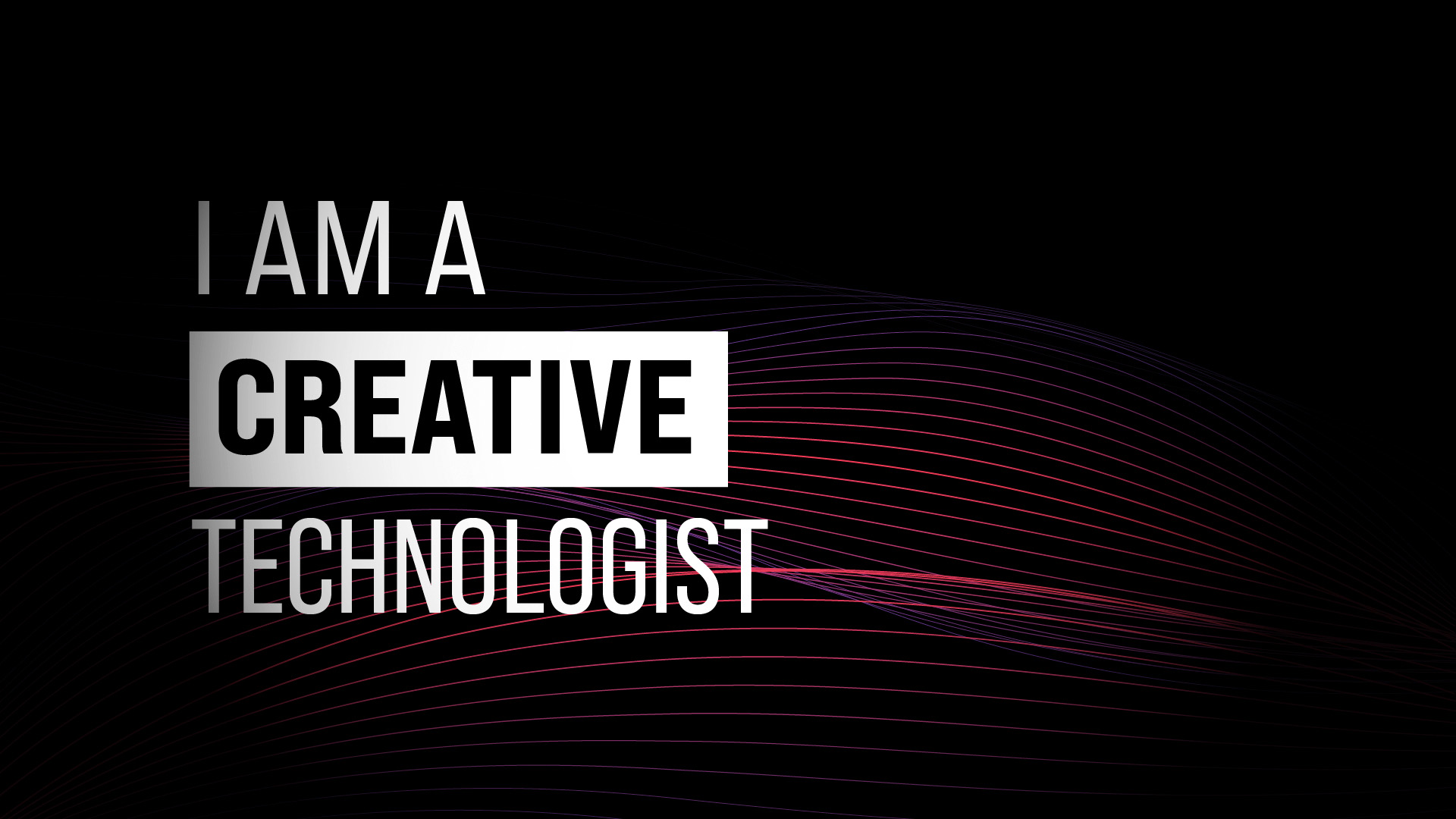
I Am A Creative Technologist
Written by:
Zane Huggins
Recently, I have been introducing myself to my peers and collaborators as a Creative Technologist. This is a doubling down on my agency’s commitment to merging creativity with technology to provide our clients’ audiences with unique and engaging brand experiences.
What Is A Creative Technologist?
A creative technologist is a professional who combines their expertise in technology with a creative mindset to develop innovative solutions and experiences. They use their technical knowledge to push the boundaries of what’s possible and create new ways of using technology to enhance and engage with art, design, and culture. (Thanks ChatGPT, I couldn’t have said it better myself).
Why am I a creative technologist?
Building Brand Ecosystems:
I believe your brand is an ecosystem. Why should your audience’s experiences or interactions with your brand be compartmentalized? For instance, does your website connect to a real-world experience, or a real-world experience lead back to your website? What can you do to bridge the gap? As a creative technologist, these are questions I ask myself with every project.
Feedback:
I love finding visually creative solutions to challenges faced by businesses. There will always be a little subjectivity to creativity—which is a good thing—it allows you to bring your perspective to the table. But, your perspective can’t exist in a vacuum, devoid of the feedback and opinions of others. This is important for designers and those hiring them because having an idea that isn’t well researched and tested can lead to huge marketing and branding missteps. This is where the numbers come to save the day.
Collecting data via user testing, task analysis, and by receiving user feedback is imperative to implementing a successful brand or website design/redesign. If you run the numbers, which should never lie (unless you’ve created a biased testing environment), you can prove or disprove your creative hypothesis and pivot your creative strategy without bias. Today, there is no shortage of ways to collect this information—Google, Mailchimp, and Monday.com are among a few platforms we utilize to collect feedback and measure the success of a campaign.
Here are some interesting examples we have found, and one of which we created:
Blink Fitness:
I have a gym membership with Blink Fitness. Upon signing up, they encourage their members to download their app, and add their pass to their Apple Wallet so they can check in without a keychain card. The Apple Wallet app has geo-location technology that notifies you to open your digital gym pass to scan as soon as you approach the building! You don’t even have to search for the wallet app yourself—that is creative technology!
It gets even better! Everytime you check into the gym, it adds the visit to your monthly calendar so you can compare the frequency of your workouts to weeks or months prior. There is also a traffic report for your default location that gives you real time updates on how full the gym is in the form of a percentage of capacity!
Blink has leveraged creative technology to create a truly unique, engaging, and convenient experience for their customers. Not only does it collect useful data for the company, but it helps their customers build better habits and adds value to their lives—making me 100% okay with sharing that information with them to better understand their audience and improve the user experience.
How could they make it better? My feedback is that I wouldn’t mind a way to check out so I can track the duration of my gym visits.
Starbucks:
Starbucks has a mobile app that allows customers to accumulate points (or stars) to redeem for free or discounted products. This is a great example of a loyalty program that actually works both ways—customers build loyalty to the Starbucks brand, and Starbucks gives their loyal customers exclusive discounts.
If the discounts alone aren’t enough to incentivize customers to download the app, they also have a feature that allows users to order ahead of time, making sure your coffee is ready by the time you get to the location of your choice. Now, you get to accumulate and redeem points, and skip the line—this is a huge time saver for morning commuters, and great value provided from the company to the customer.
The Vision:
The Vision on Fifteenth is a commercial office development for which we created an augmented reality experience for prospective real estate agents and tenants to tour the building before its completion using their phones to see the furnishings and finishes. This experience brought elements from the static renderings of their building into a real-world experience in which visitors could walk around the furniture and see the lounge, concierge, and gym from many different angles.
You can learn more about this project and its technical components here.
Who Benefits from Creative Technology?
If you implement it correctly, you and your customers will both benefit from creative technology. Based on the examples above, you can see how collecting information and collecting leads is great, but you have to add value to the lives of your customers if you want them to share such information with you. Remember, brand loyalty goes both ways! For example, Blink Fitness, whether they are harvesting the information they are compiling for their customers for their own purposes or not, are offering this process as a valuable tool for users to build better habits.
How Can You Leverage Creative Technology?
That entirely depends on your business! We have seen examples of how fitness, real estate, and food industries utilize creative technology to better serve their customers. The basic concept applies to all industries: leverage creative technology to add value to your customers’ lives to build brand loyalty.
Do you want to leverage creative technology to build brand loyalty?
Related Blog Posts
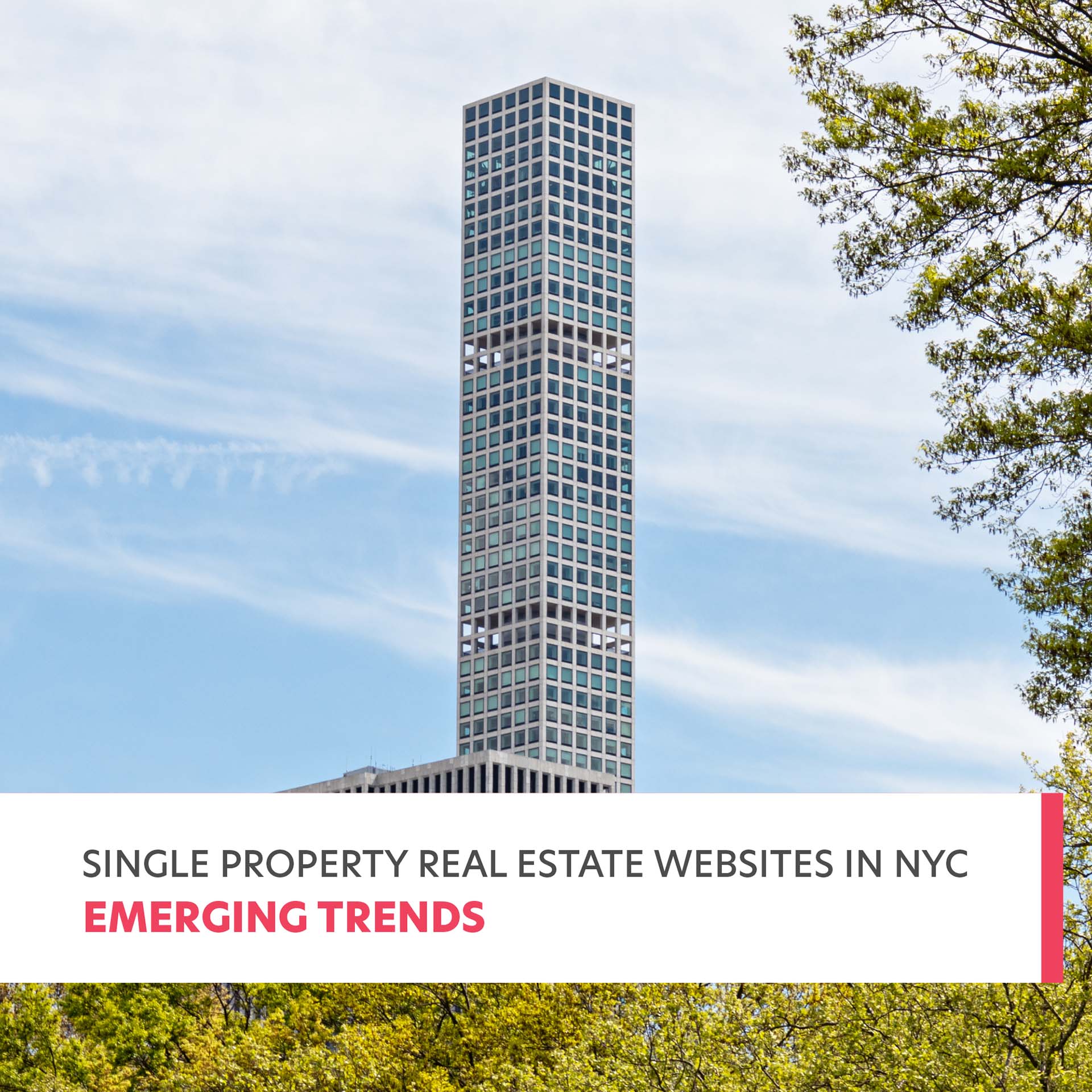
Introduction The New York City real estate industry represents one of the most vibrant and competitive markets globally, characterized by diverse property types, iconic landmarks, and dynamic economic factors, driving…
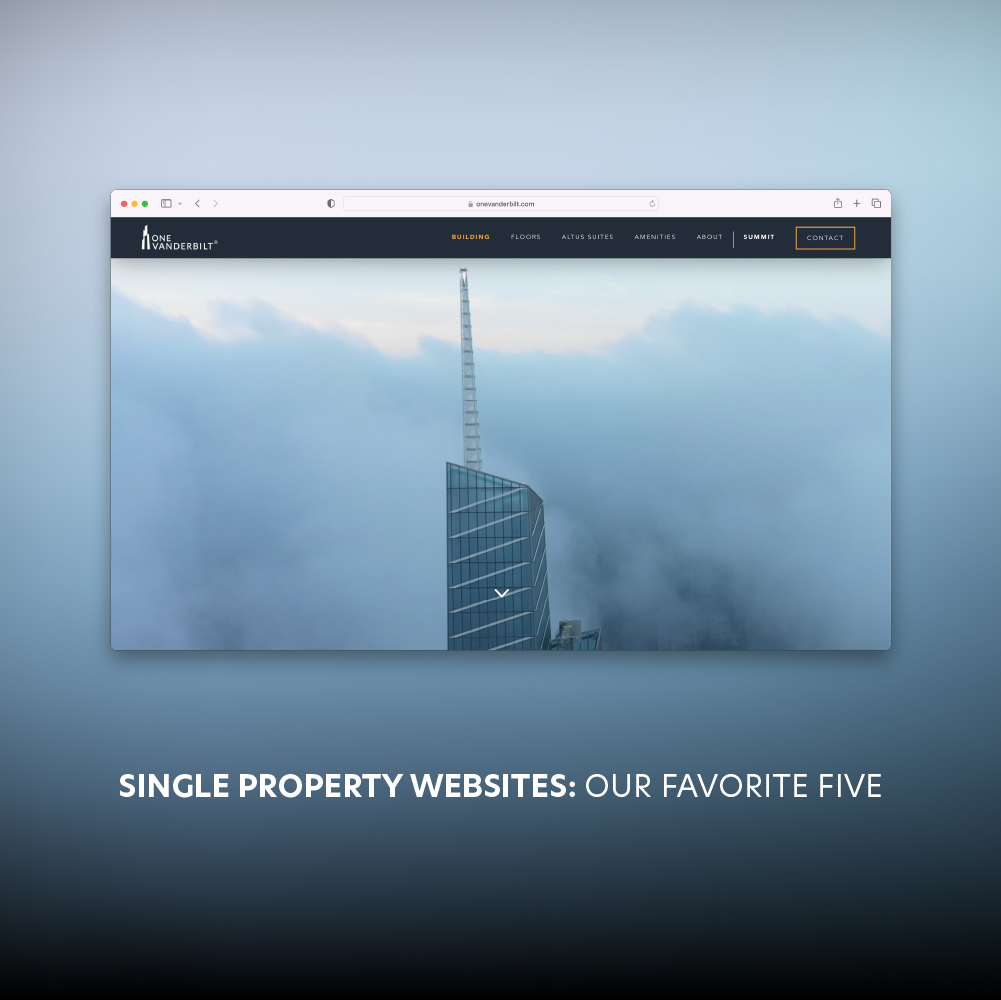
Single Property Websites: Our Favorite Five We recently shared a list of single property websites that serve as powerful tools for agencies to lease their buildings. Since then, we have…
